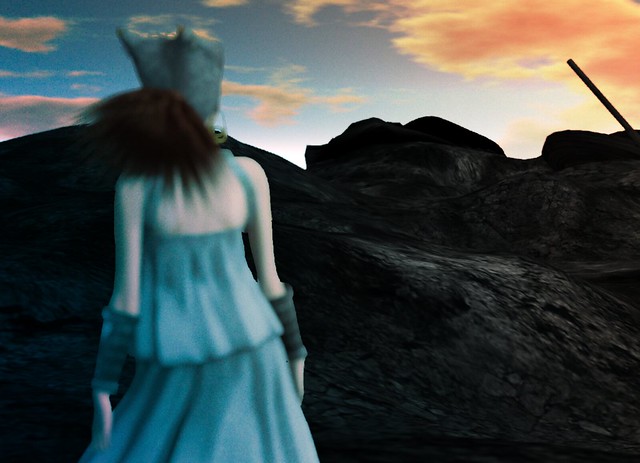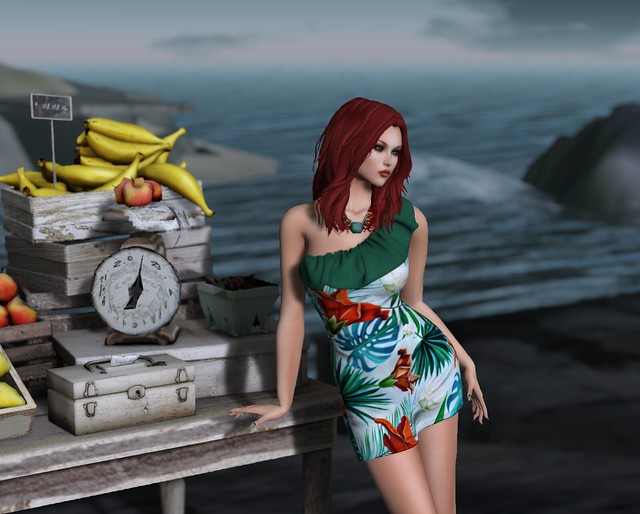Portland is not burning, but much of the Pacific Northwest is. Today, the smoke is thick and heavy and makes my throat sore. I get frequent updates from friends in Washington, Idaho and eastern Oregon. Wildfire smoke covers the region like a shroud and a new mother frets because even indoors the air irritates her eyes and wonders what it might be doing to her infant. Trying to be upbeat, a young woman snaps a selfie wearing a bandana to protect herself from the smoke with the comment, “The Sundance Kid Goes Grocery-Shopping.” I tell a friend to go through her old photos and gather pictures for her friend whose home on the Nez Perce reservation was destroyed, knowing from my own experience that among the most enduring losses of a fire are the pictures and memories of childhood.
The wettest rainforest in the United States is burning. Widely and silently understood, the reason there are wildfires in a rainforest is perfectly clear to the people, but seldom expressed by the powerful. It reminded me of something Wendell Berry wrote. “The most alarming sign of the state of our society now is that our leaders have the courage to sacrifice the lives of young people in war, but have not the courage to tell us we must be less greedy and less wasteful.”
Berry also wrote, “Whether we and our politicians know it or not, Nature is party to all our deals and decisions, and she has more votes, a longer memory, and a sterner sense of justice than we do.”
 Although the science is settled, you do not have to understand science to know whether we should act or not. All you have to do is consider what the consequences are for being wrong. If those who say we must act to save the environment are wrong, the worst thing that will happen is we waste some money, perhaps some people will lose jobs and maybe there may be a recession while the economy adjusts. It won’t be permanent. If the people who say do nothing are wrong, well, the consequences are devastating, permanent and fatal. With the consequences of a wrong decision so completely out of balance, why is there even a debate? To go once again, to Wendell Berry, “We have lived by the assumption that what was good for us would be good for the world. We have been wrong. We must change our lives, so that it will be possible to live by the contrary assumption that what is good for the world will be good for us.”
Although the science is settled, you do not have to understand science to know whether we should act or not. All you have to do is consider what the consequences are for being wrong. If those who say we must act to save the environment are wrong, the worst thing that will happen is we waste some money, perhaps some people will lose jobs and maybe there may be a recession while the economy adjusts. It won’t be permanent. If the people who say do nothing are wrong, well, the consequences are devastating, permanent and fatal. With the consequences of a wrong decision so completely out of balance, why is there even a debate? To go once again, to Wendell Berry, “We have lived by the assumption that what was good for us would be good for the world. We have been wrong. We must change our lives, so that it will be possible to live by the contrary assumption that what is good for the world will be good for us.”
Continue reading



